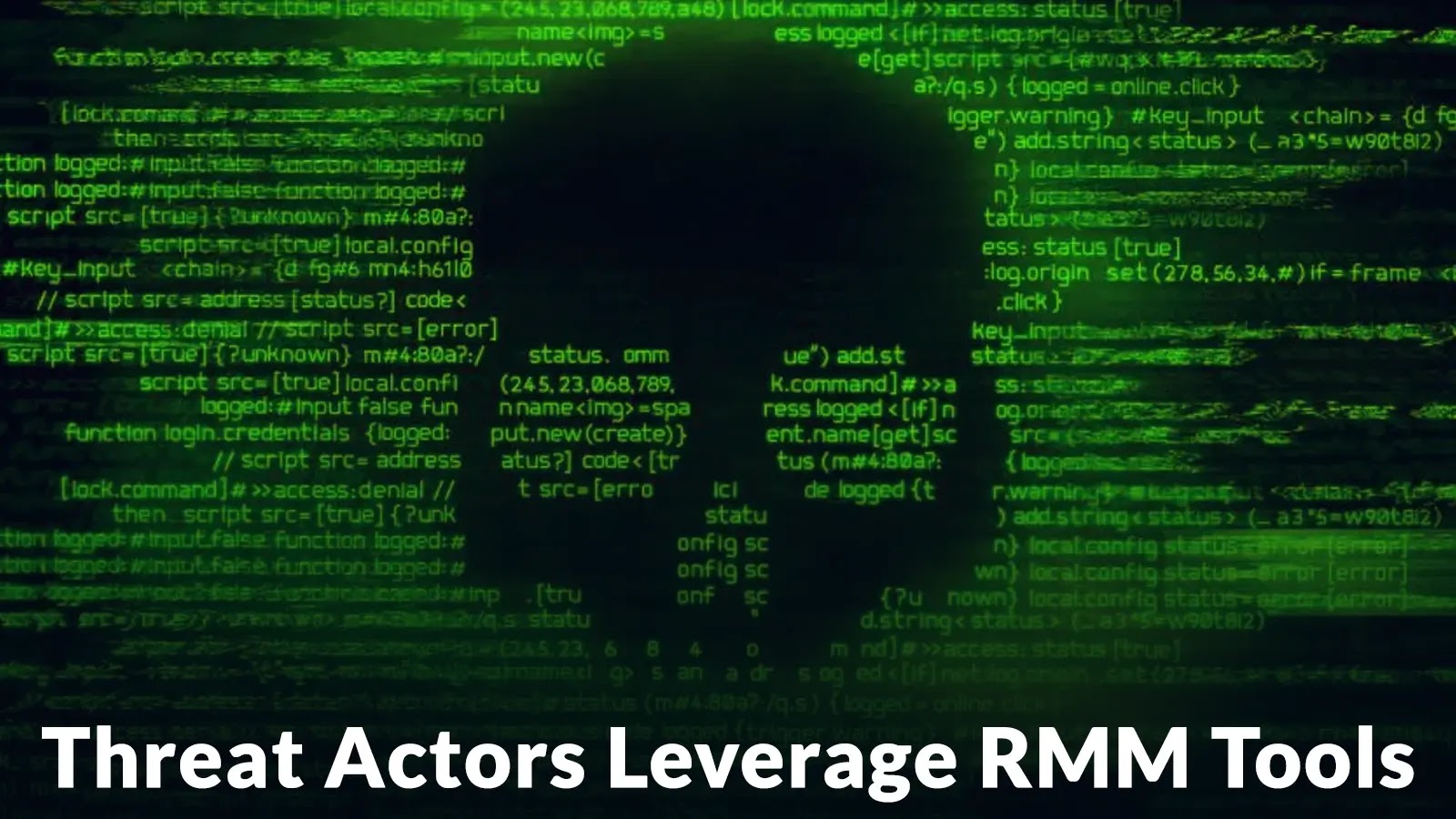A recently disclosed vulnerability, identified as CVE-2025-6019, poses a significant security risk to major Linux distributions, notably Fedora and SUSE. This flaw allows unprivileged users to escalate their privileges to root by exploiting the udisksd daemon and its associated library, libblockdev. Such an escalation could lead to unauthorized control over affected systems, particularly in multi-user and shared environments.
Understanding the Vulnerability
The core of this vulnerability lies in the udisksd daemon’s handling of D-Bus communication requests from users within the ‘allow_active’ group. In standard configurations, when disk-related operations are initiated via D-Bus calls, udisksd erroneously assumes that group membership alone suffices for authorization of sensitive operations. This misplaced trust enables attackers to circumvent security controls and execute operations with root privileges.
Technical Breakdown
The attack exploits a fundamental flaw in the validation process during inter-process communications via D-Bus. Security researchers have identified that udisksd inadequately verifies the context of the invoking user, relying solely on group-based privilege checks. This oversight creates an exploitable pathway where manipulated D-Bus calls can trigger unauthorized privileged operations.
Detailed Analysis
A thorough examination of the udisks2 and libblockdev source code has revealed concerning patterns in the privilege escalation pathway. The vulnerable execution flow follows this sequence:
1. `udisks_daemon_handle_mount`
2. `polkit_check`
3. `blkdev_mount`
This sequence permits unprivileged users to prompt udisksd to perform mount operations with root permissions, effectively bypassing the intended security model.
Exploitation Process
Exploiting this vulnerability requires minimal technical expertise. An attacker needs only to be a member of the ‘allow_active’ group and have the capability to execute `udisksctl` commands. The proof-of-concept demonstrates that a simple command like:
“`
udisksctl mount -b /dev/loop0
“`
can lead to root-controlled mounting operations initiated by non-root users, potentially resulting in full system compromise.
Affected Systems
This vulnerability impacts a wide array of Linux distributions that incorporate udisks2 and libblockdev within their desktop environments. Fedora and SUSE systems are particularly susceptible due to default configurations that often include users in the ‘allow_active’ group to facilitate desktop functionality. The security implications are especially severe for shared computing environments, multi-user systems, and any deployment where strict privilege separation is essential.
Mitigation Measures
In response to this critical issue, distribution maintainers have released security updates addressing the vulnerability through several mechanisms:
1. Enhanced UID-Based Verification: The primary fix involves implementing stricter user ID (UID) checks, moving beyond reliance on group membership alone. Updated code now mandates both group membership and appropriate UID context before permitting privileged operations.
2. Strengthened Polkit Rules: Polkit rules have been fortified to enforce more granular permission checks. The revised implementation includes enhanced validation paths that eliminate the group-only trust model and implement comprehensive policy enforcement through polkitd integration.
Recommendations for System Administrators
To safeguard systems against potential exploitation:
– Immediate Updates: System administrators should promptly update udisks2 and libblockdev packages to the patched versions provided by their distribution maintainers.
– Audit Group-Based Permissions: Organizations should conduct thorough audits of group-based permissions, particularly focusing on the ‘allow_active’ group, to ensure that only necessary users have access.
– Implement Stricter Polkit Rules: Strengthening Polkit rules to enforce more detailed permission checks can prevent similar vulnerabilities from being exploited in the future.
Conclusion
The disclosure of CVE-2025-6019 underscores the critical importance of rigorous threat modeling for system services. It highlights the necessity for continuous vigilance and proactive security measures to protect Linux systems from privilege escalation vulnerabilities that could lead to unauthorized system control.



